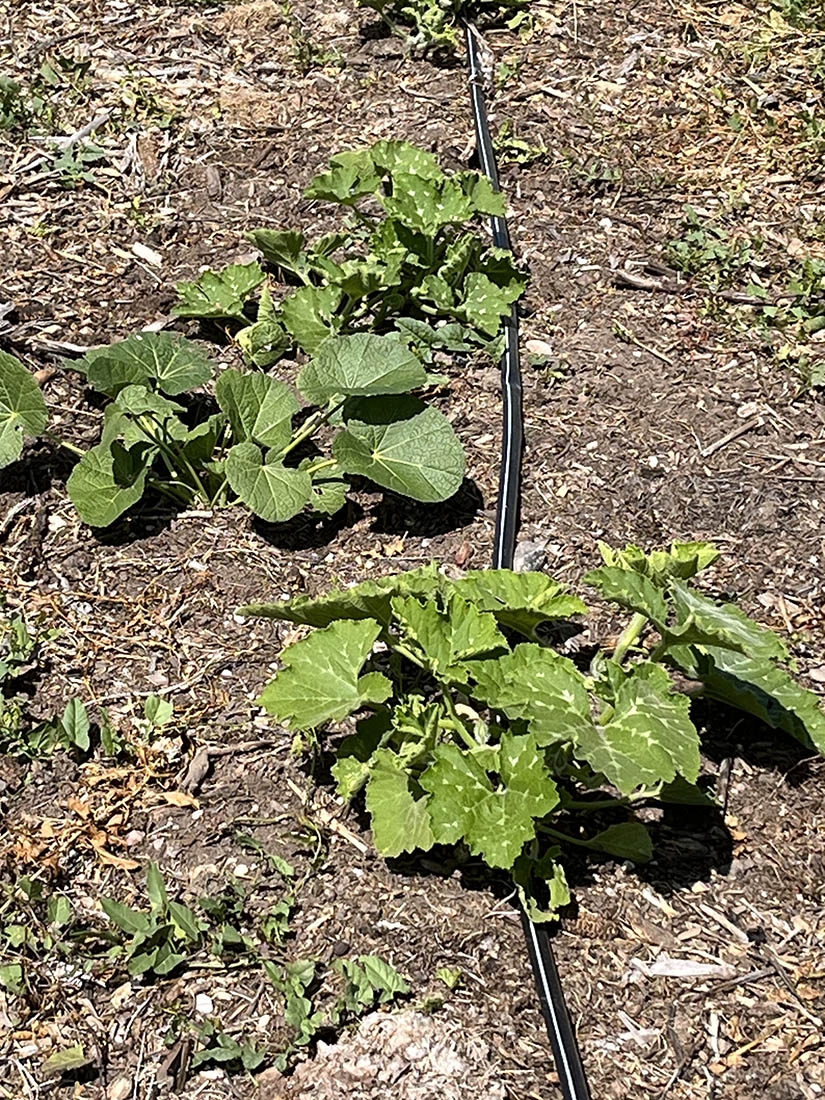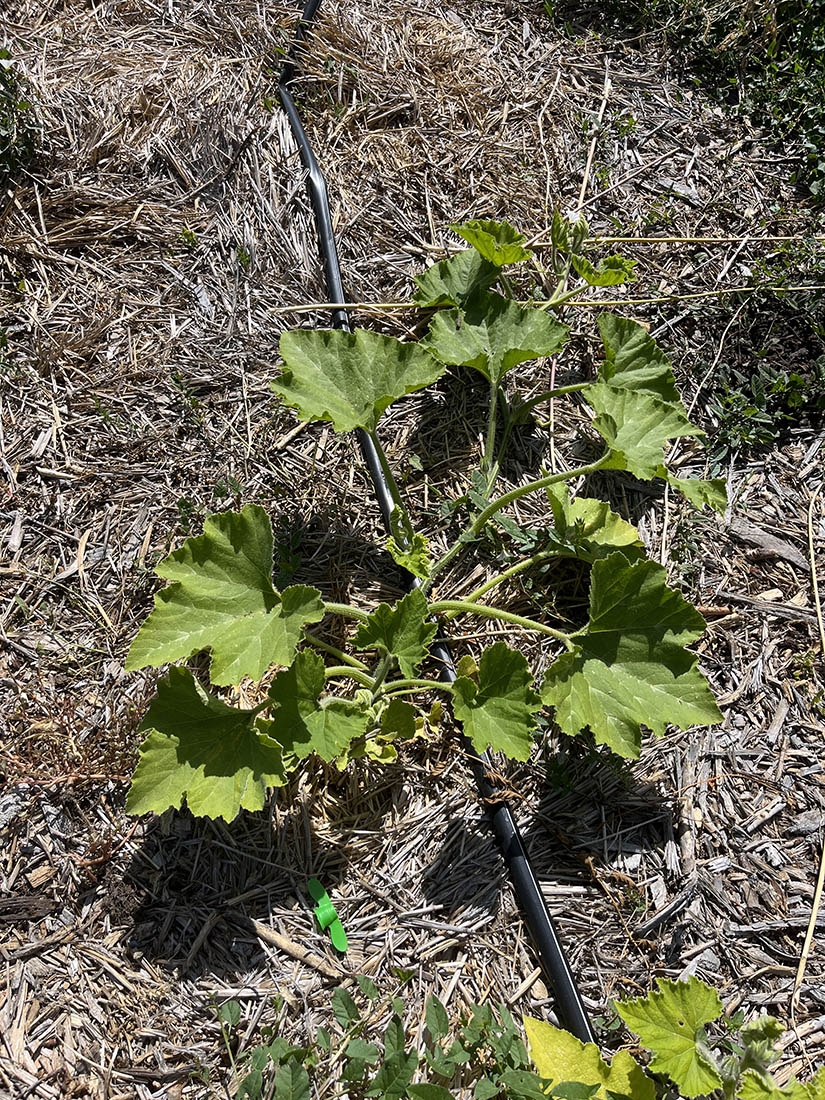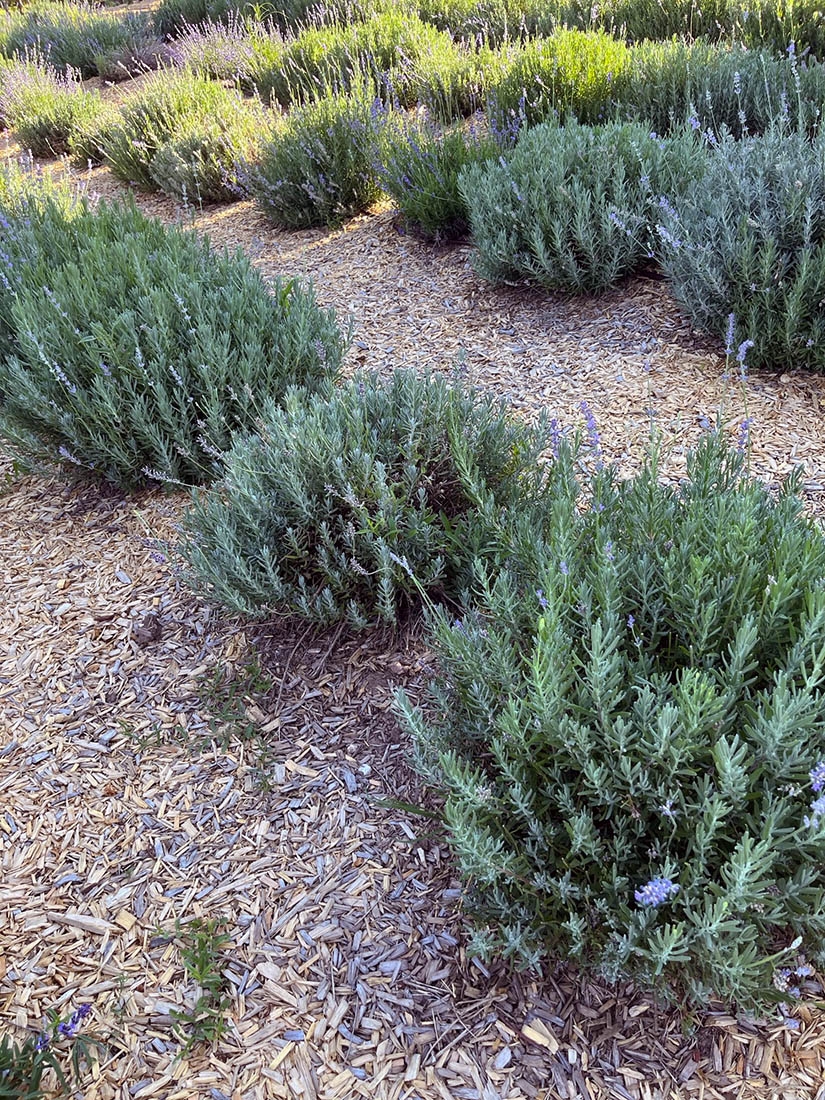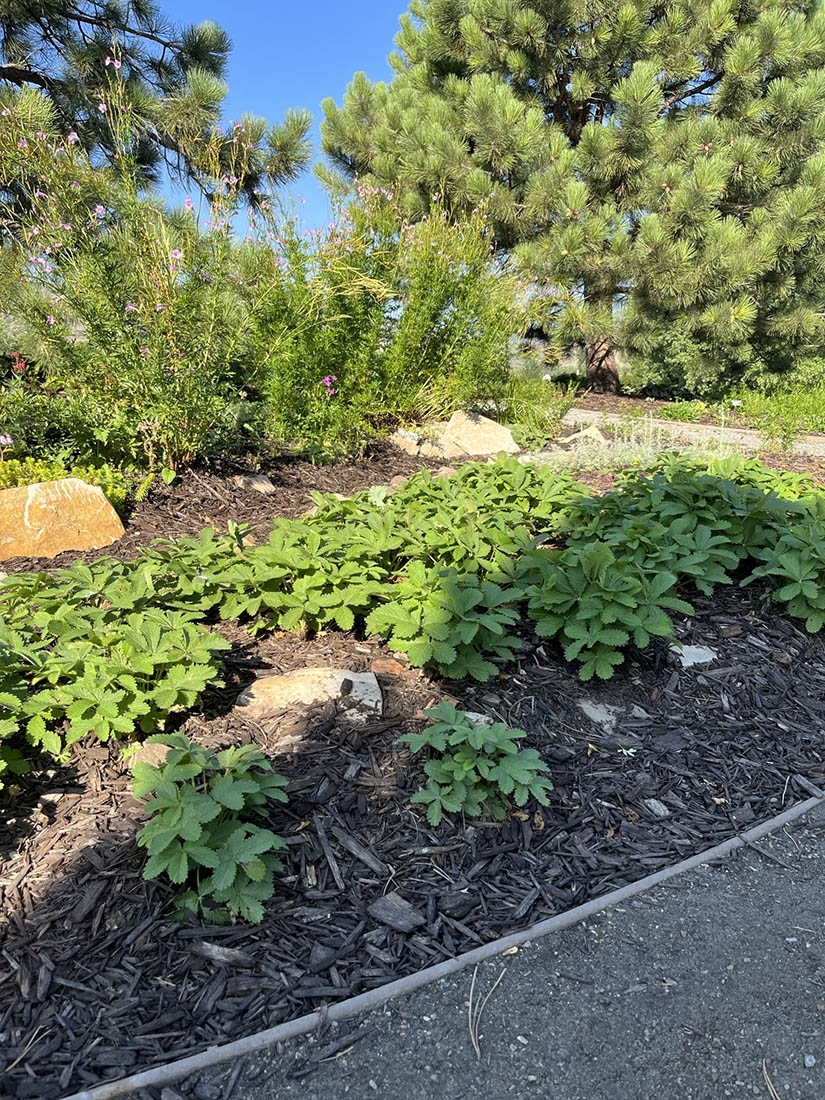The Benefits of Deep Mulching
There are many ways to increase soil health in your garden. One of those is using deep mulch to cover beds.
Often used in combination with other sustainable farming practices like crop rotation and intercropping, deep-mulch farming uses a thick layer of organic material, such as straw or wood chips, to cover soil. One of the main benefits of deep-mulch farming is that it can reduce the amount of time and energy needed for weeding and watering, as the mulch helps to retain moisture and suppress weed growth. Additionally, as the mulch decomposes, it feeds the soil ecosystem and improves the structure and fertility of the soil.
The initial cost of purchasing or gathering enough mulch material can be a significant upfront expense, particularly for larger farms or gardens. However, you can often find landscape companies that will drop off truckloads of wood chips for little or no charge.
Certain types of mulch, such as straw, can harbor pests like slugs and pill bugs. This can be a problem if the pests become a nuisance or cause damage to crops. However, mulch also provides habitat for beneficial insects, like spiders, that help control pests.
Overall, the pros and cons of using deep mulch will depend on the specific circumstances of your garden, such as the size and type of crops being grown, the local climate, soil conditions and the availability of mulch material.
Ready to deep-mulch? Here is some additional reading to help you prepare:
Gallery




Add new comment